- Arakan residents call for air raid warning systems amid surge in junta airstrikes
- Arakan’s Breathing Space (or) Mizoram–Arakan Trade and Business
- Death toll rises to 18 after junta airstrike on Ponnagyun village market
- Regime arrests dozens of Muslims in Sittwe over alleged Arakan Army links
- Over 200 IDPs in Ponnagyun struggle without shelter, food aid
Prices surge with betel leaves in short supply in Arakan State
Betel leaf is grown on a commercial scale in Ponnagyun, Kyauktaw, Mrauk-U, Minbya and Ann townships in Arakan State. It is also grown on a smaller scale in Myebon, Pauktaw and Taungup townships.
14 Aug 2024
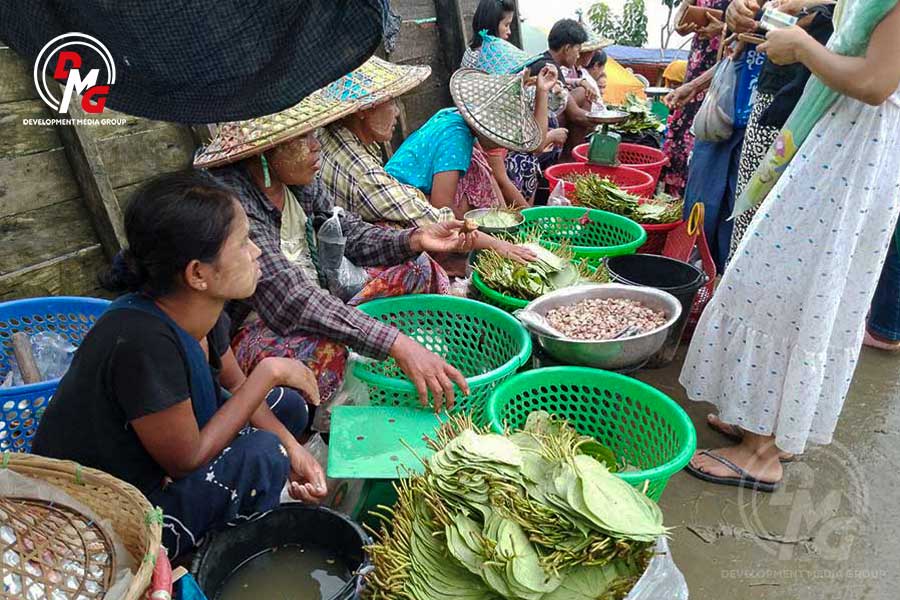
DMG Newsroom
14 August 2024, Mrauk-U
The price of betel leaves hit 80,000 kyats per viss on Wednesday in Arakan State amid the escalating armed conflict between Myanmar’s military regime and the Arakkha Army (AA).
The price increase is mainly due to demand and supply factors, according to sellers. While domestic production has declined after betel plantations were damaged by floods, junta blockades have disrupted supply from other parts of the country, the sellers explained.
“The supply from Yangon has been halted. Production in Arakan State has also declined. So, some are manipulating the market, and prices have therefore increased,” said a betel leaf seller from Kyauktaw Township.
Betel leaf is grown on a commercial scale in Ponnagyun, Kyauktaw, Mrauk-U, Minbya and Ann townships in Arakan State. It is also grown on a smaller scale in Myebon, Pauktaw and Taungup townships.
Many betel plantations were flooded by heavy rains and swollen rivers in Kyauktaw, Mrauk-U and Minbya townships late last month and into early August.
“Many betel plants have died after being flooded. And we can’t afford to regrow them,” lamented a betel grower in Kyauktaw Township’s Shwe Pyi Thit Village.
Many betel leaf plantations were also destroyed by Cyclone Mocha in May of last year, contributing to the supply shortages currently bedevilling the market. The increased costs of inputs were another factor at play, according to growers.
“In previous years, we grew thousands of betel plants. But we could not this year due to increased costs. So, the production has declined. And there has been no supply from other parts of the country. So, the prices have increased,” said a resident of Taw Chaung Pyar in Ponnagyun Township.
Civilian populations in Arakan State are suffering from acute shortages of food and other necessities due to the junta’s blockades.




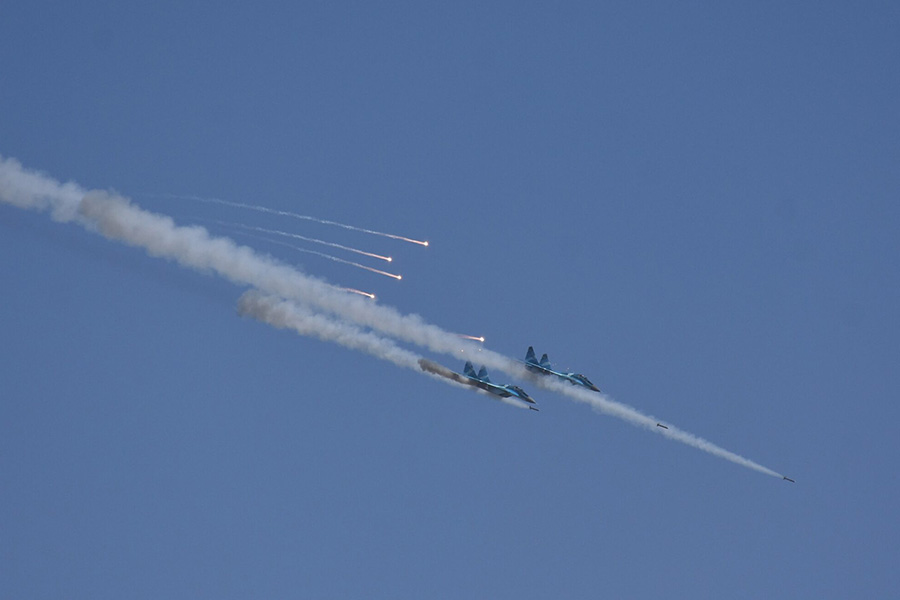
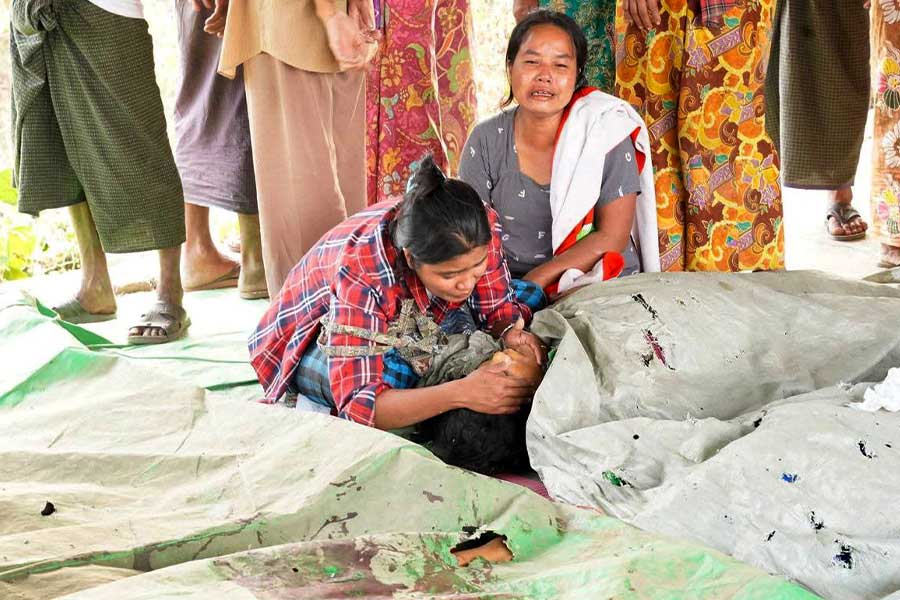
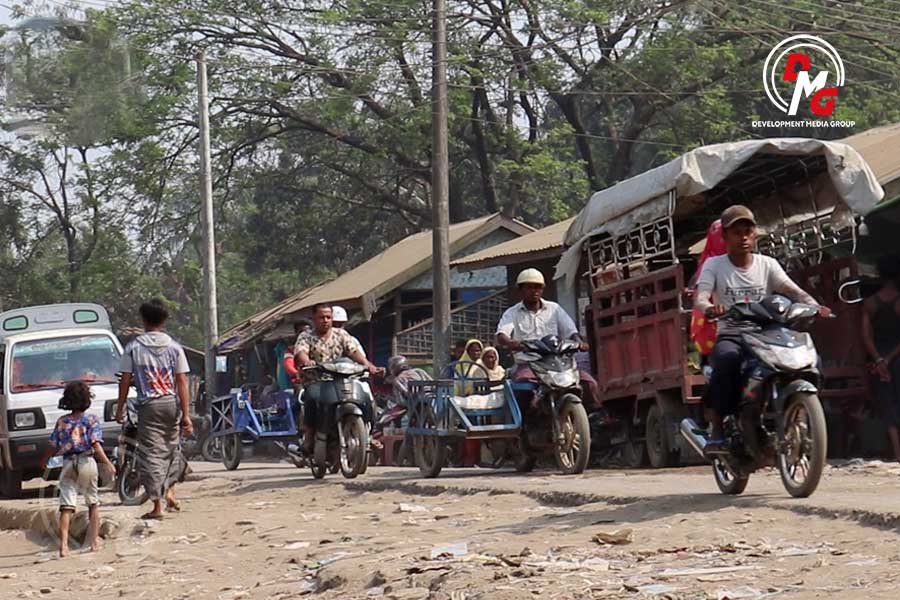
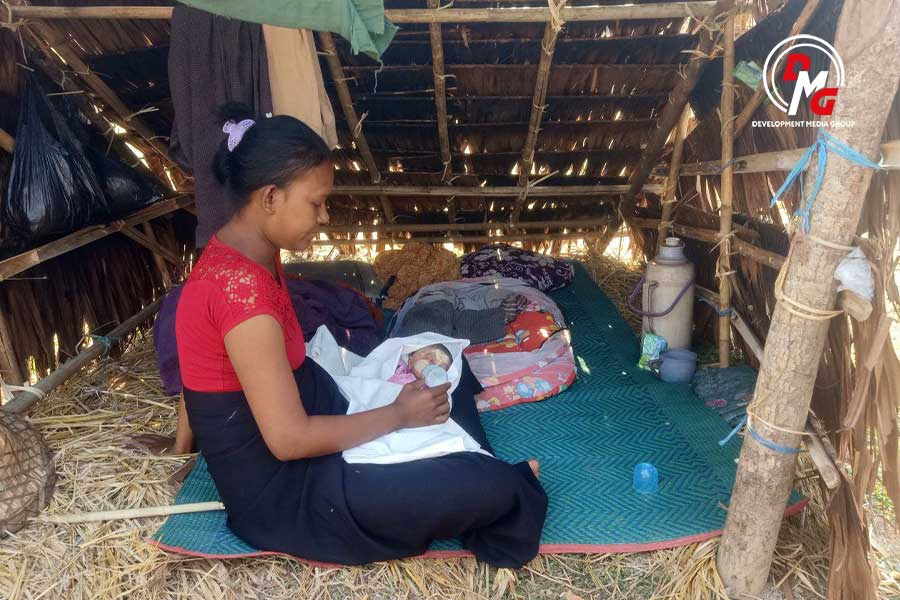
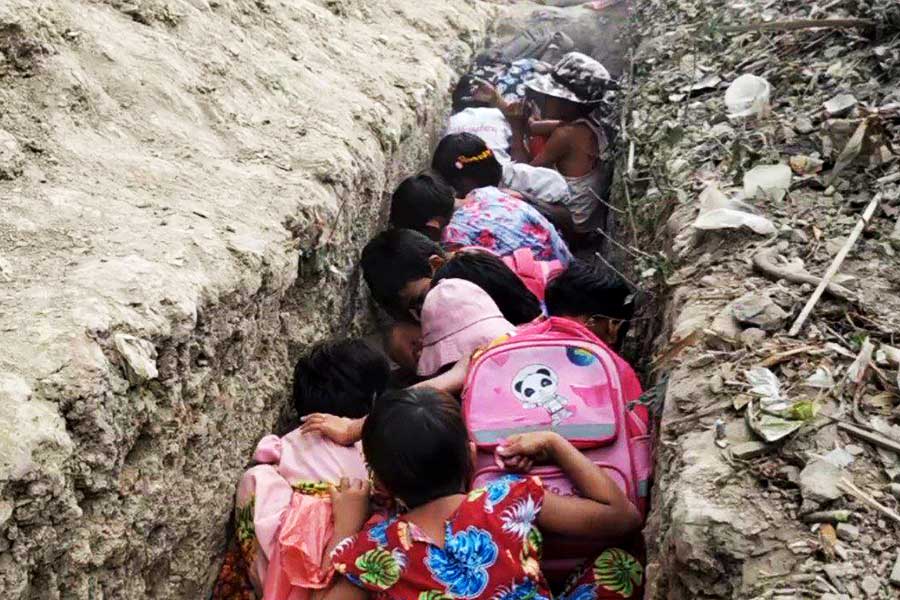








.jpg)